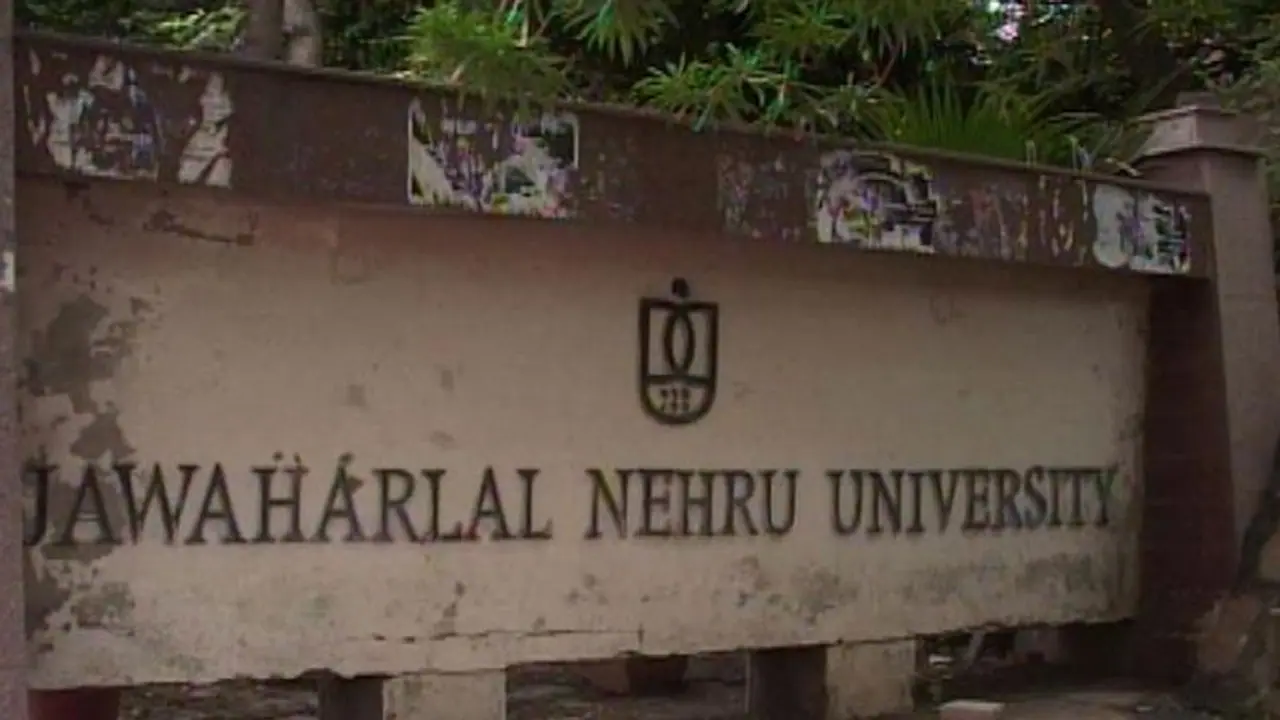The rules, approved by the university's Executive Council, cover 28 categories of misconduct, with penalties such as fines and dismissal for repeat offenders. The JNU Students Union has strongly criticized the rules, asserting that they aim to suppress the university's vibrant culture of open discussions and dissent
Jawaharlal Nehru University (JNU) has implemented a comprehensive set of rules governing student conduct on campus, accompanied by fines for various violations. The JNU Students' Discipline and Conduct Rule, approved by the university's highest decision-making body on November 24, has been introduced to regulate activities such as protests, slogans, and other forms of expression.

According to the latest guidelines, students engaging in violence, participating in dharnas (sit-ins), and hunger strikes may face fines of up to Rs 20,000. Additionally, raising anti-national slogans or inciting intolerance towards religion, caste, or community can result in fines of up to Rs 10,000. The Chief Proctor Office manual, which outlines the rules, was released following the approval of the university's Executive Council.
The document highlights the necessity to review and update the existing disciplinary rules, emphasizing the absence of substantially approved regulations governing student conduct. It cites concerns about the lack of clarity in the rules and regulations of the Chief Proctor Office.
The manual specifies that repeat offenders, accumulating five or more punishments throughout their course, may face dismissal. A total of 28 categories of "misconduct" are outlined, including activities such as blocking, gambling, unauthorized use of hostel rooms, use of offensive language, and document forgery, each carrying associated penalties.
A fine of up to Rs 20,000 may be imposed for engaging in activities such as hunger strikes, dharnas, group bargaining, or any form of protest that obstructs academic or administrative facilities. Students organizing events without prior permission may face fines of up to Rs 6,000 or be required to undertake JNU Community Service.
The manual also addresses issues related to freedom of expression, stating that fines of up to Rs 10,000 can be imposed for activities such as printing, circulating, or pasting posters/pamphlets containing derogatory religious, communal, casteist, or anti-national remarks. Any activity that incites intolerance towards religion, caste, or community and is deemed anti-national, disturbing the peaceful campus atmosphere, may result in fines.
In response to the new guidelines, the JNU Students Union has expressed strong opposition, condemning the manual as an attempt to stifle the vibrant campus culture that has characterized the university for decades. The union argues that the regulations are overly restrictive, discouraging open discussions, dissent, and intellectual exploration, which they deem fundamental to the university's spirit. The statement also raises concerns about potential consequences, including rustication, eviction from hostels, and fines of Rs 20,000 for protests near academic buildings, as well as fines of Rs 10,000 for acts considered to be of moral turpitude by the JNU administration.
